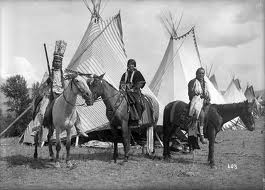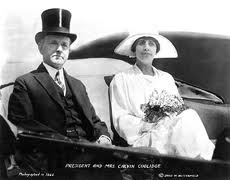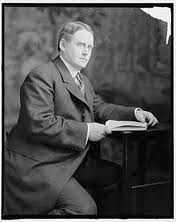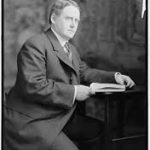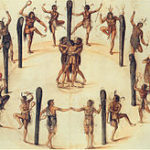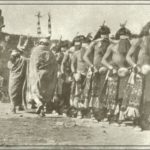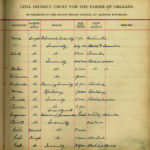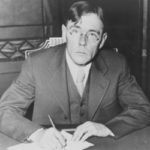White Americans often seemed to feel that Indian land was available for their own needs. In 1927, Commissioner of Indian Affairs, Charles Burke, met with the Montana Power Company and white farmers to discuss a water project. They proposed to use land belonging to the Flathead Indians to build a water power site to create inexpensive electricity, but failed to invite Flathead Indians to the meeting. Representative Louis C. Cramton (chairman of the House Appropriations Subcommittee for the Interior Department) favored the action because it would help white settlers “hanging on by their fingertips . . . to share in the national prosperity.”
Activist John Collier and several powerful senators opposed the bill, saying it was detrimental to Indian interests. Collier wrote to President Coolidge to ask him to intervene in the Flathead project, but Coolidge never wrote back. Nevertheless, Congress defeated the bill, and in 1928, passed a bill that acknowledged Indian ownership of the rentals from the water project.
___________________________________________________________________
